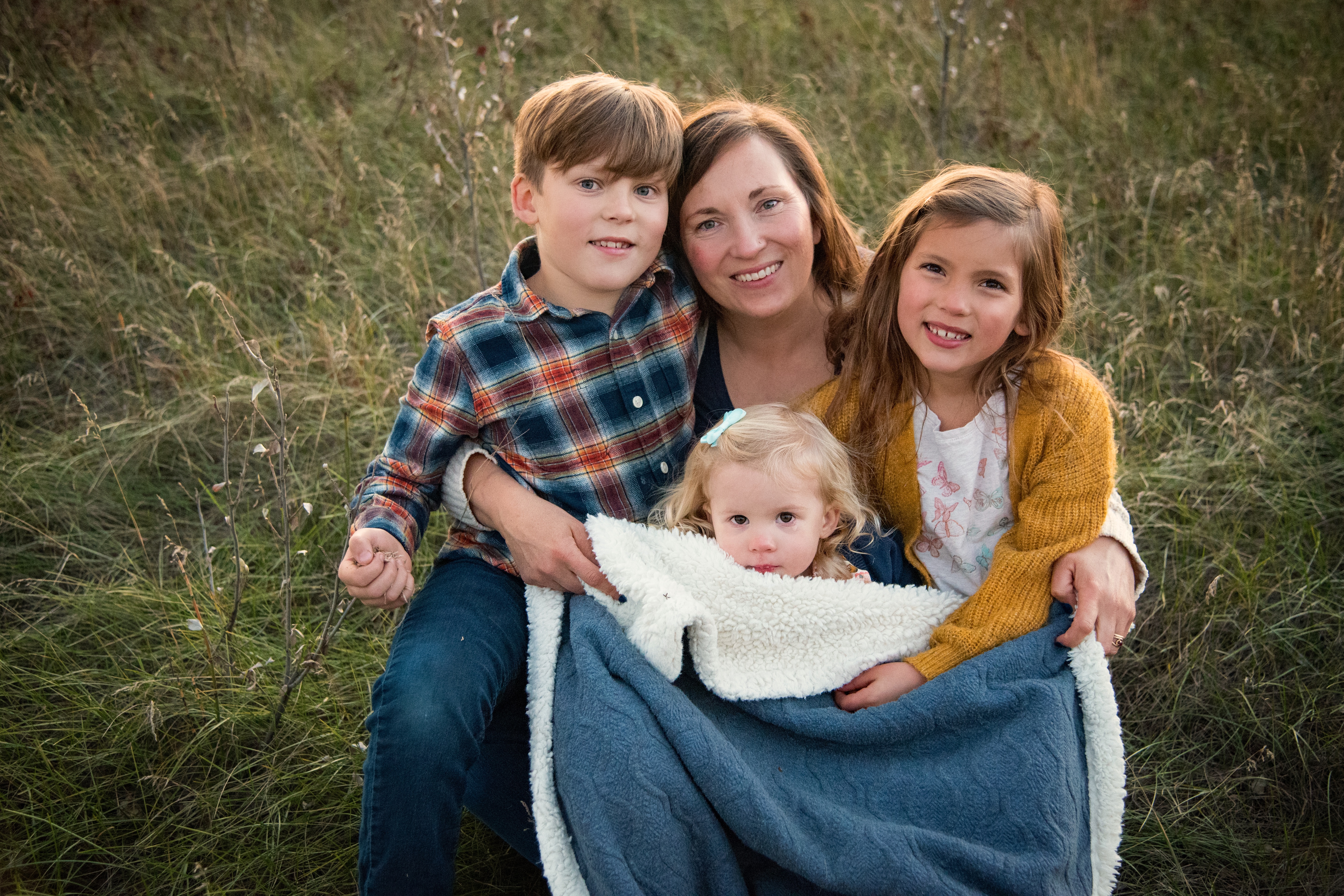
Q&A with SENS alumna Allison Henderson
Allison Henderson, SENS alumna (PhD ’14), was the first SENS PhD graduate. Now employed as a Wildlife Ecologist and Human Dimensions Specialist for the Ministry of Environment, Government of Saskatchewan, Henderson has come full circle in the academic cyle. Now, she has joined SENS as a PhD committee member in an adjunct role.
By SENS Communications
Q: Allison, what do you remember about your time in SENS, as a PhD student? And is there a favourite memory?
A: I remember being very excited about the potential that SENS held in those early years, and feeling surrounded by a strong community of students, staff, and faculty. In terms of a favourite memory, working with our small group of students to launch SENSSA. We were so filled with promise and hope, and so enthusiastic for the positive change we could make in our community and the world.
I still believe in the power of SENS students to initiate and catalyze change. As a committee member, I’m dedicated to providing that strong sense of support to students I work with. I strive to remind students that graduate school is a very special time to cherish, despite the challenges.
Q: Did you always envision working in government, or were there other career paths you considered?
Once my husband and I decided to have a family, I couldn’t see a clear path forward in academia, even though I love research and teaching. I considered working in public education, because I understand first-hand the power of positive mentorship on one’s life path. As it stands, my work as a provincial public servant involves working closely with the public, which I enjoy. I am very fortunate to be connected with SENS as Adjunct Faculty, where I can seize opportunities to engage in meaningful research and mentorship.
Q: How does the knowledge acquired in your PhD help you to be an expert in your field?
The interdisciplinary nature of my PhD allowed me to explore the human dimension of wildlife management. As a result, in my work as a wildlife ecologist, I can see beyond the boundaries that natural science might place on finding solutions to complex wildlife management issues.
Q: What is a “human dimensions specialist”? Is your work more related to the physical or social sciences, or both?
I provide expertise and guidance on the human dimension of wildlife management, highlighting concepts, methodologies, and networks we might tap into to find solutions to the challenges we face. My work is a balance of the natural and social sciences.
Q: You have a busy career, why did you decide to take on supervising a grad student?
When I am involved in graduate studies, as a supervisor or a committee member, it allows me to stay connected to academic research and to give back to a school that was instrumental in my career as a wildlife ecologist.
Q: What’s your best advice for grad students today?
Cherish this time to dive deep into an issue that moves you and think of graduate school an important step in crafting your future, so be strategic.
Q: What is your favourite place in nature?
That is a toss-up between the native grasslands of southwestern Saskatchewan and the west coast of Vancouver Island. However, over the last few years my favourite place in nature has been our gardens—designed by SENS almuna Shannon Dyck.
Q: What is your favourite hobby or downtime activity?
I love to be outside and especially enjoy gardening and running.

